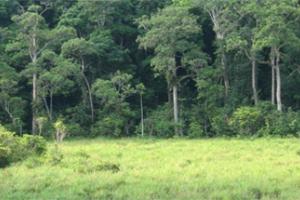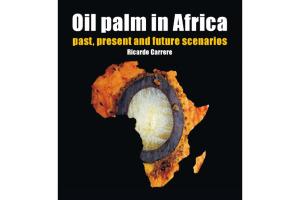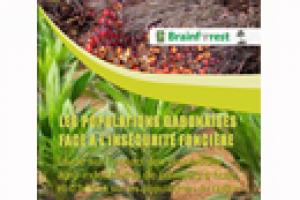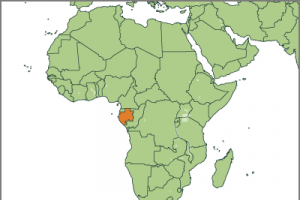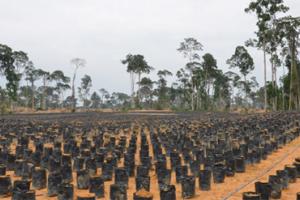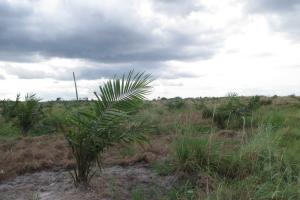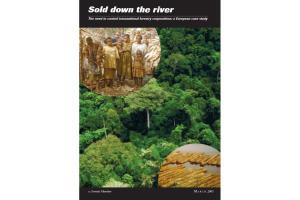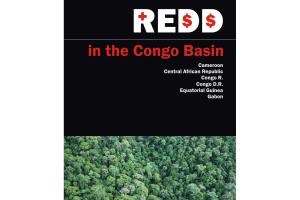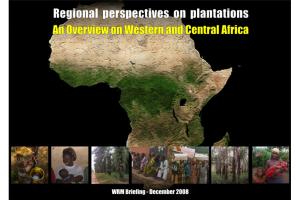Gabon
Action alerts
20 September 2013
Publications
30 August 2013
Governments are opening the doors to corporations for planting vast areas of land with oil palm plantations. This trend is not only happening in West and Central African countries, but is even expanding to parts of Eastern Africa. Large scale oil palm plantations are already causing serious environmental and social impacts in some countries, resulting in loss of community rights over their territories.
Publications
2 March 2013
Only available in French
By Franck Ndijimbi.
Bulletin articles
27 February 2013
Tropical rainforests cover 85% of the total land area in Gabon. They are home to an immense diversity of species, on which some 300,000 people depend for their survival, through hunting, gathering, fishing and small farming.
Other information
10 September 2012
ACTION ALERT - GABON
As many countries in Africa, Gabon is facing an alarming rate of expansion of oil palm and rubber plantations. The government has given the Singapore based company Olam 300,000 hectares of land to establish monoculture tree plantations.
Bulletin articles
30 July 2012
Oil palm has traditionally been part of the culture of West and Central African communities, who have planted it on their own lands or collected its fruits, leaves or sap from the forest. The native crop has been locally processed to obtain palm oil for domestic use or sold in the local markets to produce palm wine (see the WRM briefing “Oil palm in Africa: Past, present and future scenarios”,http://wrm.org.uy/countries/Africa/Oil_Palm_in_Africa.html).
Other information
17 April 2011
Sold Down the River - The Need to Control Transnational Forestry Corporations: A European Case Study
By Forests Monitor, 2001
Sold Down the River - The Need to Control Transnational Forestry Corporations: A European Case Study
Publications
11 December 2010
The forest of the Congo Basin expands over an area of continuous tropical rainforest cover only second to that of the Amazon forest. Those forests are currently receiving a lot of attention within the Climate Change negotiations.
Bulletin articles
30 May 2009
At a ceremony held in San Francisco, USA on 20 April 2009, Marc Ona Essangui was presented with the prestigious Goldman Environmental Prize, which recognizes grassroots activists who take significant risks to protect the environment and communities in their countries.
Publications
15 December 2008
Oil palm and rubber plantations occupy extensive areas in many countries in tropical Africa. In spite of their social and environmental impacts, until now they have received scant attention both at the national and international level.
Other information
28 August 2008
In Gabon, forests and the communities that depend on them for survival face a range of different problems. The logging industry is one of the most serious. On the one hand, it does not benefit local communities in any way. At the same time, the majority of the forestry companies operating in the country (particularly those from Asia, with China and Malaysia in the lead) do not respect any technical standards, and cut trees that do not meet the minimum diameter requirements, for example.
